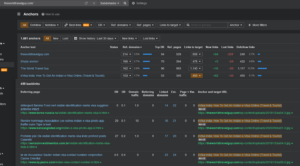A few years ago I traveled to Peru and wrote the first guide for Huchuy Picchu, which was a newly opened hike at that time, says David Leiter.
My blog post ranked #1 on Google for years, which makes sense, because I did the hike myself and other Peru websites just recycled what I wrote without going there.
Before HCU, people stealing my content like this weren’t a big problem because Google had the sense to rank me over them (Bing still has me at #1).
After HCU, Google has dropped me down to #14 in the search results and I’m being outranked by lots of spammy commercial pages using MY photo of MY wife, while recycling MY words with AI.
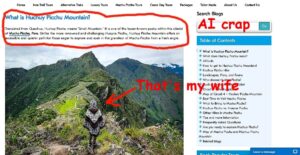
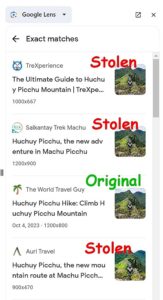
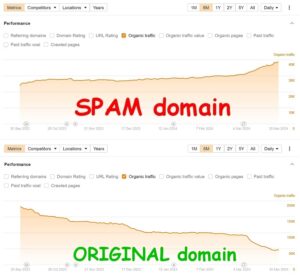
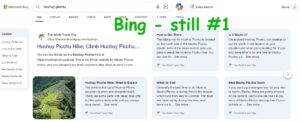
This is one example of many.
I try to be patient at first, but it’s been 6 months.
At what point is Google liable for promoting stolen content like this while demoting me, the original author, without a fair explanation? How is this update helpful?
I like these examples because they show content is not the issue here.
I was literally the first person to write about this hike.
My content was original.
My DR is much higher.
Google loves my content when it’s on domains that sell products.
That’s the only major difference I see here.
If Google won’t allow affiliate sites to rank anymore, then it seems like they ought to just come out and say that.
If that’s the case, I think it’s short-sighted on their part, because my page was the only one contributing real value and experience on this topic.
The other pages are just parasites ripping off my content and using it to sell their tours.
What happens when all of the real content creators throw in the towel? We end up with an echo chamber of AI sites like this quoting each other.
It seems like the exact opposite of what Google was aiming for with the HCU.
“It’s getting to the point where I don’t even have to check Ahrefs on these to know what I’m going to find,” says Grind Stone.
Bulk spam to your images with page title anchors + volume exact match nofollow = death punch.
